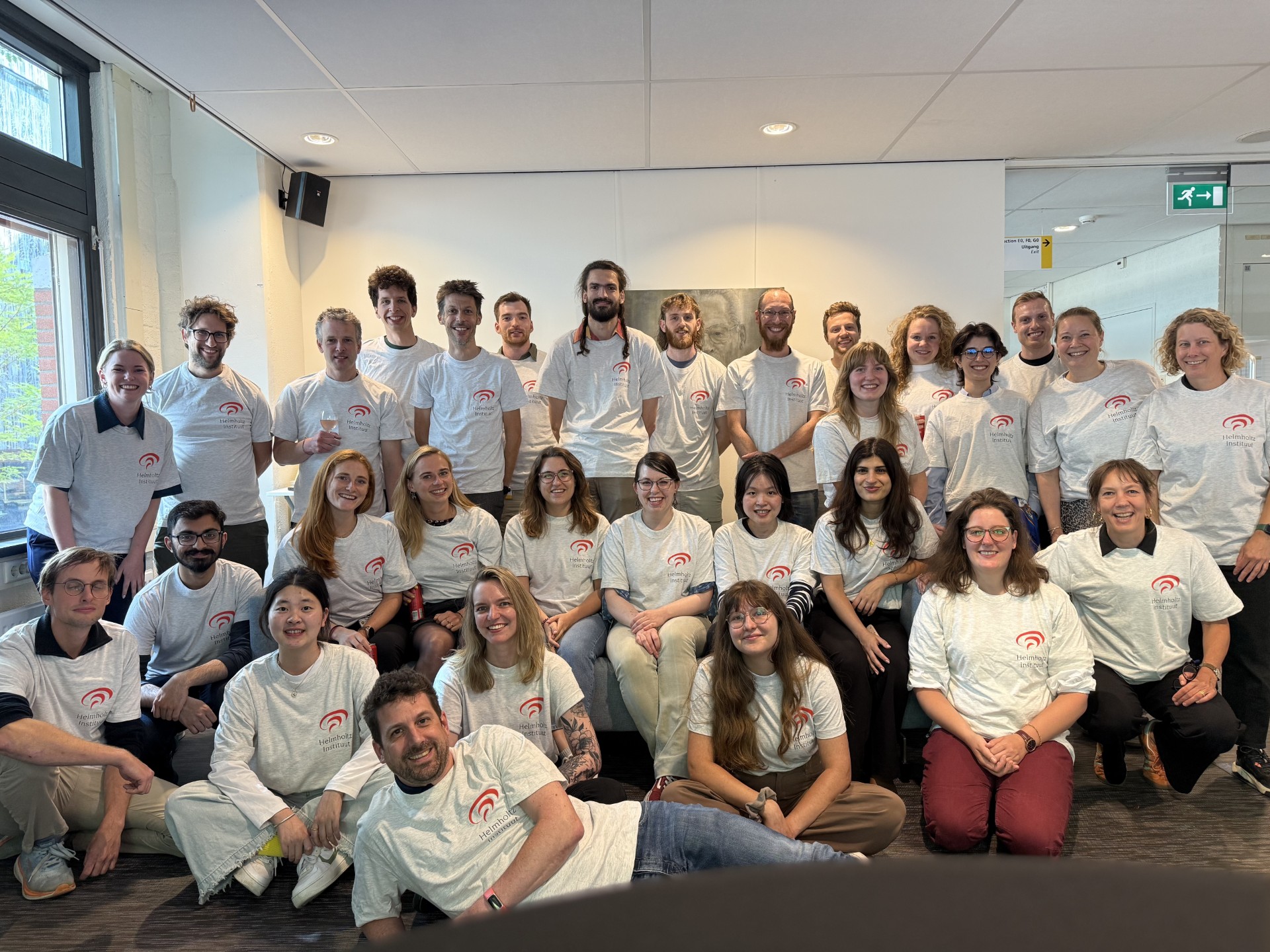
Neuropsychology
Neuropsychology within the Helmholtz Institute studies the functional disorders people suffer after brain injury in order to construct and test formal models of cognitive functioning and vice versa, using formal models to understand
functional cognitive disorders.
The Helmholtz Research School provides PhD training and education in the brain and cognition domain. The training in the school and research of the Helmholtz institute are strongly driven by fundamental theory and empirical science but can also have implications for clinical diagnosis and therapy. Based at Utrecht University (UU), the Helmholtz Institute unites scientists from different disciplines to conduct multi-disciplinary research in experimental psychology, focusing on a number of designated topics, each with their own mission statement.

Perception
We strive to better understand sensory processing, attention, memory, and decision making through studying perception with a strong focus on methods, such as eye-tracking, psychophysics, EEG, high field fMR1 ~nd ~ variety of modelling approaches.

Social Affective Neuroscience
We aim to understand how people behave in a complex world by investigating the interaction between affective (fear, anger, reward) and cognitive (learning, perception, decision making) brain processes.

Youth
Our goal within the institute is
understanding the development of cognitive functions, in relation to brain and behavior, with a specific focus on the development of social competence and behavioural control.

Human-centered AI
The Helmholtz institute contributes to human-centered AI through the
observation, description, modelling and prediction of human behaviour and thought.


